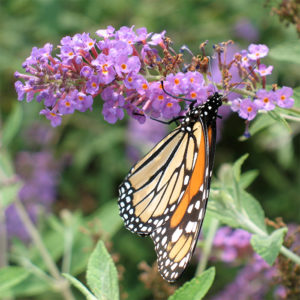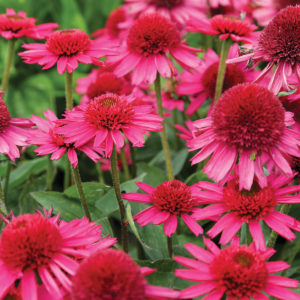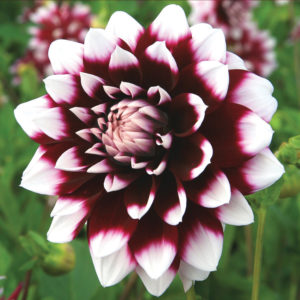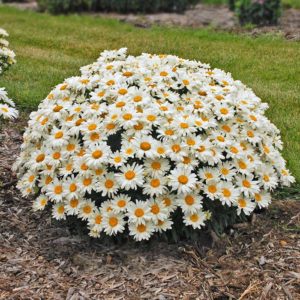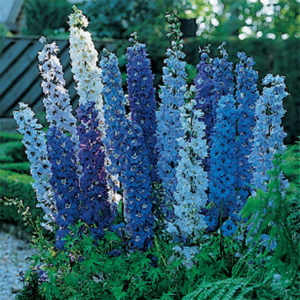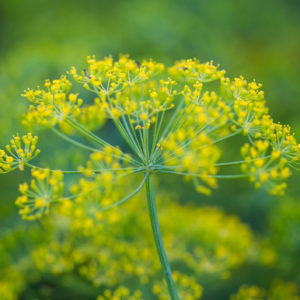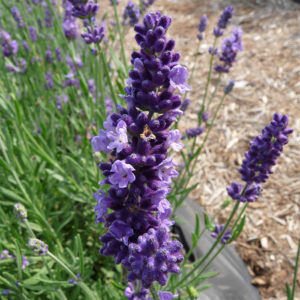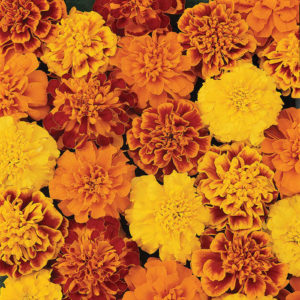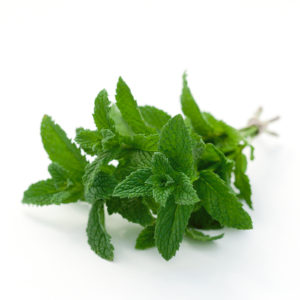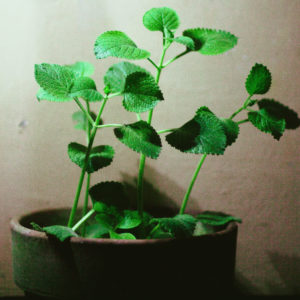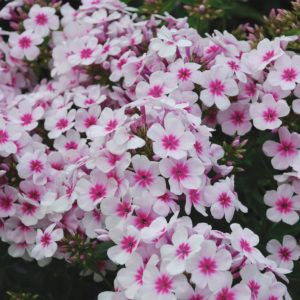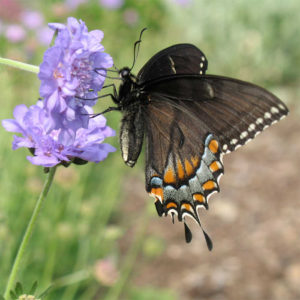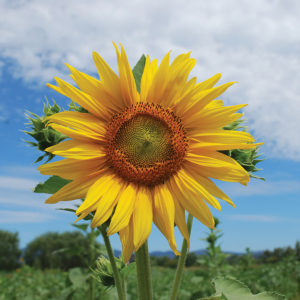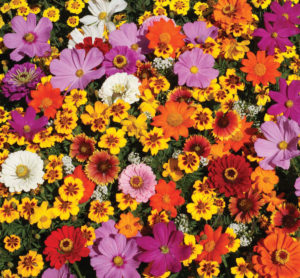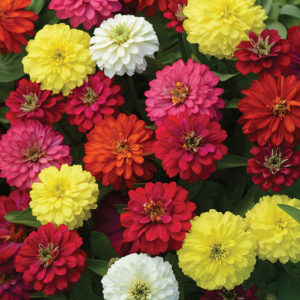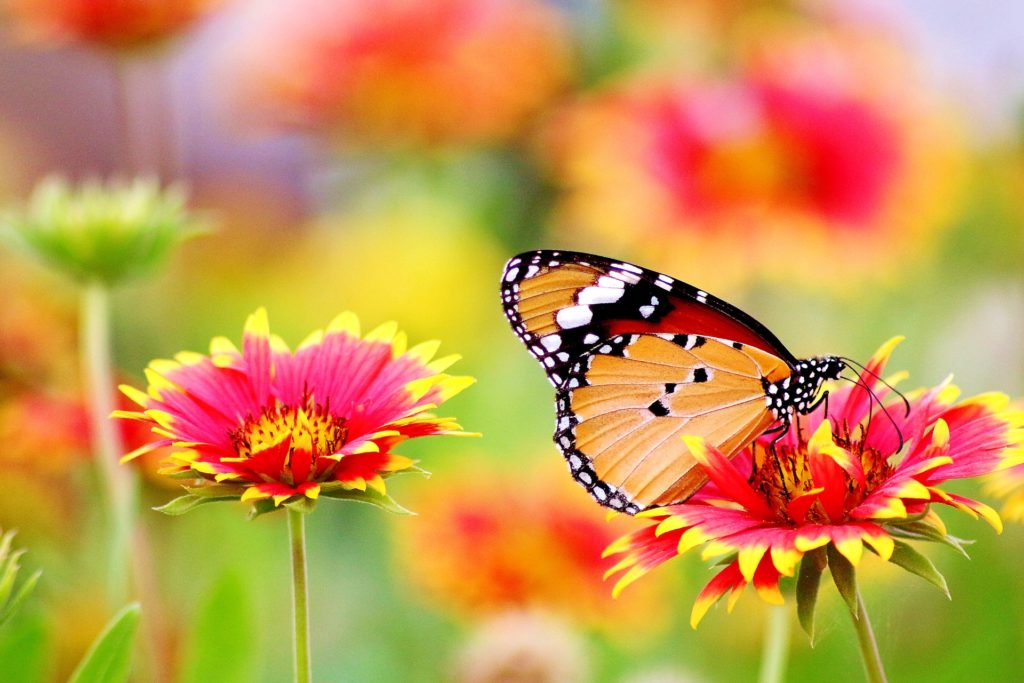
This year Earth Day is celebrating its 50th anniversary. Every year on April 22nd people get together to plan a better future for the planet. Every small change can have a significant impact on how successfully our ecosystem continues to function. Adding plants to a garden that attracts pollinators will ensure that you get to enjoy the beauty of bees, birds, and butterflies. They play a crucial part in food supply and vegetation around the world.
What is a pollinator?
These are the birds, bees, beetles, butterflies, wasps, ants, flies, moths, and even mosquitos. A pollinator is the carrier of pollen to another plant which fertilizes it, causing it to fruit or flower. A plant will produce fruit and seeds if it is fertilized and will not produce more plants if it isn’t. They can also carry seeds around which will eventually become a new plant.
Why are pollinators important?
About 35 percent of the food source in the world is dependent on pollinators and 75 percent of the world’s flowering plants. They’re nearly as important as the sun when it comes to keeping our food source and plant life going. There are over 180,000 plant species that rely on pollinators to keep them going and more than 1200 food crops.
What is the benefit of planting flowers for pollinators?
Aside from harmful pesticides, one of the biggest reasons for the decline in the bee population is that they’re suffering from poor nutrition. By planting the right flowers you’ll be providing the food source for your pollinators. Flowering plants that bloom at different times annually will ensure that your pollinators have a year-round food source. A garden can also provide a safe place for pollinators to rest, shelter, and nest.

Are native plants better for pollinators?
There is a common misconception, that native plants are best, but in reality quality and availability of the pollen and nectar are most important. Pollinators don’t know or care if a plant is native or non-native.
Tips for Creating a Pollinator-Friendly Garden
In addition to planting the right food source for your pollinators, you’ll also need to take a few other measures to keep them happy. Provide a water source such as a birdbath or butterfly puddle. Limit your use of pesticides on flowers since many can be toxic to pollinators and never spray flowers that are in bloom. When you do spray, choose evening hours when most pollinators are finished foraging. Choose low-impact insecticides, like insecticidal soap which is less harmful to bees with proper use and be sure to control pesticide drift.
Creating drifts, or batches of flowering plants, will also help the pollinators find the plants more easily. Bees are nearsighted and will be more attracted to a group of 3 to 5 flowers. You’ll also attract more by varying the types of flowers you plant. Be diligent about dead-heading your plants to keep them blooming, for you and the pollinators’ delight. If you select an array of different colors you will attract a variety of pollinators. For example, bees like blue, yellow, white, and purple plants while hummingbirds and butterflies prefer red tones.
Best Pollinator-Friendly Plants

What better way to help our planet than to get started growing beautiful plants and flowers for our pollinators. While some pollinators may be more attractive to you than others, they’re all important.
Other Recommended Reading
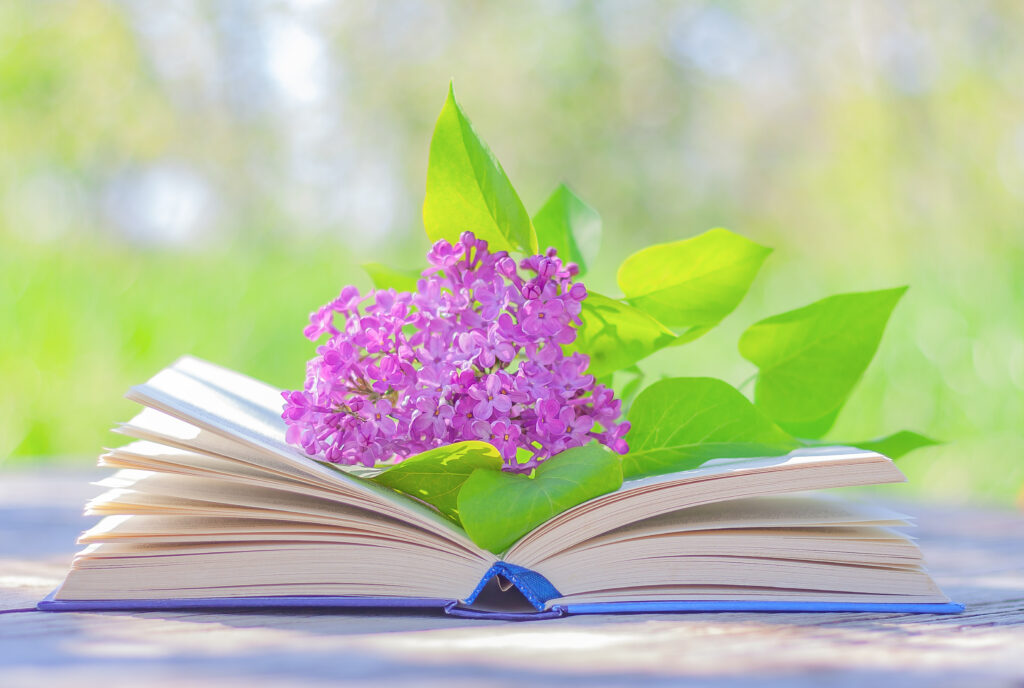
- How to Create a Bird-Friendly Garden
- Bee Kind Gardening – A Guide To Plant & Pollinator Balance
- 6 Gardening Activities For Earth Day
- 7 Tips To Attracting Reptiles, Toads, & Frogs To Your Garden
At Jung Seed Co, we strive to be your go-to guide for all your gardening needs. Our YouTube channel Jung Garden Center now includes our new video series All Things Green where our experts provide gardening tips for all levels of gardeners. When you need reliable gardening advice, turn to the trusted experts at Jung.
View our new catalog online or browse our website for all of your gardening favorites. To receive info on new products, exclusive deals, and specials, be sure to sign up for our weekly email. Join our Facebook page, to discuss all things gardening!
